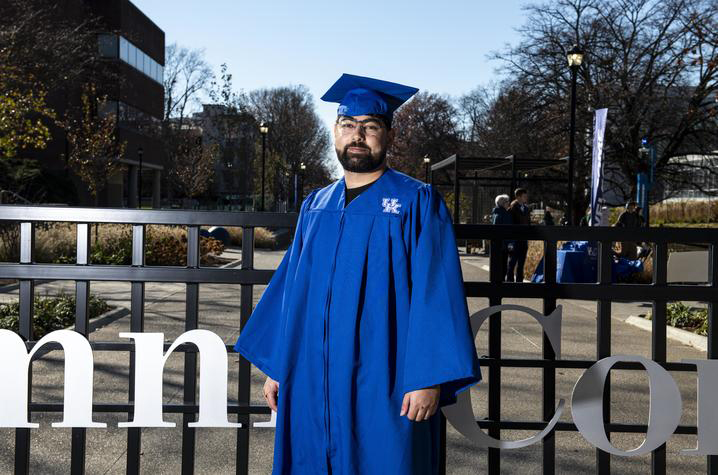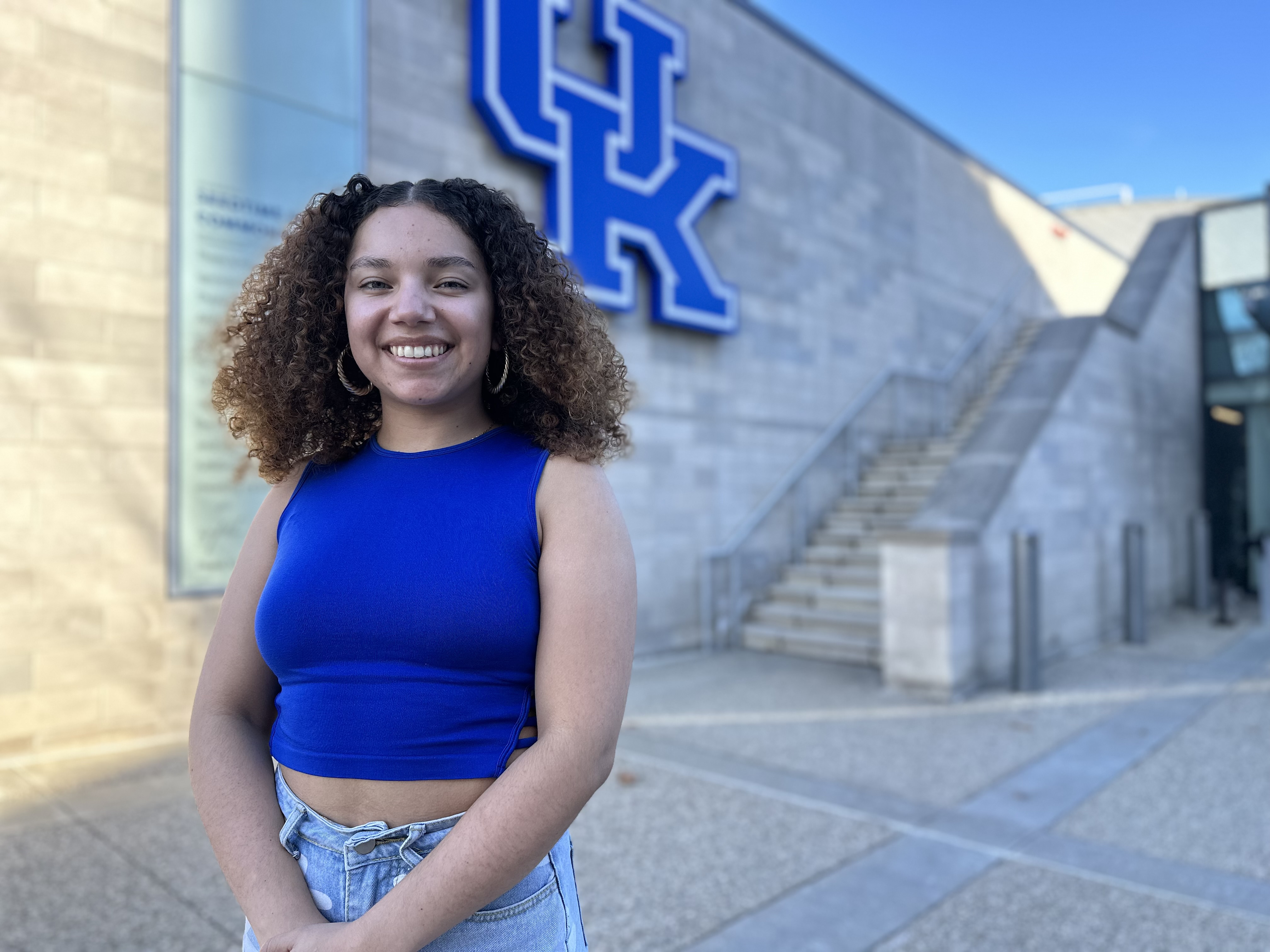Hunting for Ghosts using Rare-Isotope Doped Superconducting and Optomechanical Sensors
Dr. Kyle Leach
Associate Professor
Department of Physics
Colorado School of Mines
Host: Korsch
Title: Hunting for Ghosts using Rare-Isotope Doped Superconducting and Optomechanical Sensors
Abstract: Nuclear beta and electron capture (EC) decay serve as sensitive probes of the structure and symmetries at the microscopic scale of our Universe. As such, precision measurements of the final-state products in these processes can be used as powerful laboratories to search for new physics from the meV to TeV scale. Significant advances in “rare isotope” availability and quality, coupled with decades of sensing technique development from the AMO community have led us into a new era of fundamental tests of nature using unstable nuclei. For the past few years, we have taken the approach of embedding radioisotopes in thin-film superconducting tunnel junctions (STJs) to precisely measure the recoiling atom that gets an eV-scale “kick” from the neutrino following EC decay. These recoils are encoded with the fundamental quantum information of the neutrino and decay process, as well as carrying unique signatures of weakly coupled beyond standard model (BSM) physics; including neutrino mass, exotic weak currents, and potential “dark” particles created within the energy-window of the decay. These measurements provide a complimentary and (crucially) model-independent portal to the dark sector with sensitivities that push towards synergy between laboratory and cosmological probes. In this talk, I will discuss the broad program we have developed to provide leading limits in these areas as well as the technological advances across several sub-disciplines of science required to enable this work, including subatomic physics, quantum engineering, atomic theory, and materials science. Finally, I will discuss future prospects of extending this work using macroscopic amounts of harvested exotic atoms from the Facility for Rare Isotope Beams (FRIB) in optically levitated nanospheres for direct momentum measurements of the decay recoils.



